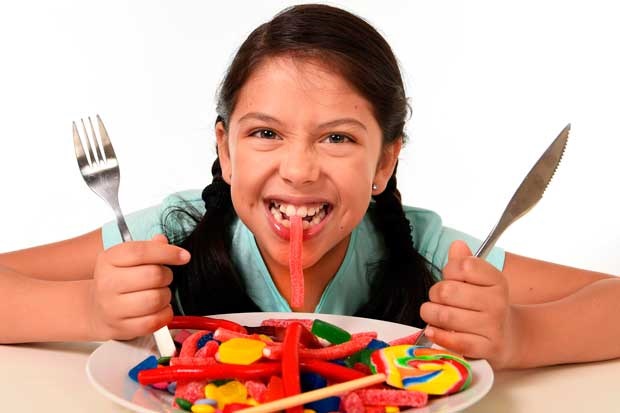
In light of Drug Awareness Week, which runs from 24 to 30 June, Riverside College carried out a class experiment to measure the learners' performance and concentration before and after they consumed sugar.
The school, based in Burgundy Estate, Cape Town, ran a series of tests to evaluate the impact of sugar on children.
"The learners’ results were best before consuming any sugar," says Lynne Arbuckle, primary school principal at Riverside College. "The behaviour became unpredictable shortly after eating sweets and the concentration levels dipped," she continues.
How sugar impacts behaviour
Studies have shown that sugar does not directly produce hyperactivity, however, the changes in blood sugar levels affect the release of adrenaline, which affects behaviour and performance.
Sugar causes a fluctuation of key hormones in the blood. Approximately four hours after eating, blood sugar levels drop and adrenaline kicks in, which drives the urge to eat again.
Children are very susceptible to changes in behaviour linked to this hormone, including impulsive conduct and reduced concentration. Meals with a low glycaemic index (GI) have shown to reduce the intensity of these changes in blood sugar levels, while those high in sugar make them more pronounced.
Also read: Sugar: should it be banned?
How sugar becomes addictive
Neurochemical studies have shown that sugar has the same effect on the brain as cocaine – manifesting in sugar tolerance and withdrawal.
Sugar impacts the reward systems in the brain: consuming excessive amounts of refined sugar over time numbs the receptors of the neurotransmitter dopamine, which is key to satisfaction.
Reduced sensitivity produces sugar tolerance; where more and more sugar is required to reach the same ‘high’. When sugar cravings are not met, withdrawal is experienced.
"Parents hold a big responsibility for how and what their children eat. Introduce healthy snacks at home, limit take-away meals and fizzy drinks," she advises. "Not only will your child perform better at school, but home life will be easier too – your child’s moods won’t fluctuate based on sugar cravings."
Also read: Sugar was my drug of choice
Quick tips for cutting down cravings:
- Avoid unpredictable meal times: Kids are more likely to snack on high-sugar foods when their bodies are accustomed to stocking up in case their next meal does not arrive on time.
- Boost up at breakfast: A wholesome, low-sugar breakfast is key to performance at school. Low GI and high-protein breakfasts are great energy boosters that do not require sugar.
- Mix it up: Blend plain yoghurt into your kids’ favourite flavoured (and sweetened) ones, switch chocolate spread for peanut butter and experiment with flavouring plain treats yourself (try raw cocoa and cinnamon, for example – yum!).
Press release supplied by Riverside College.
Let us know which methods you have in place to regulate your child's sugar intake? Email chatback@parent24.com, we may publish your responses.




 Publications
Publications
 Partners
Partners














